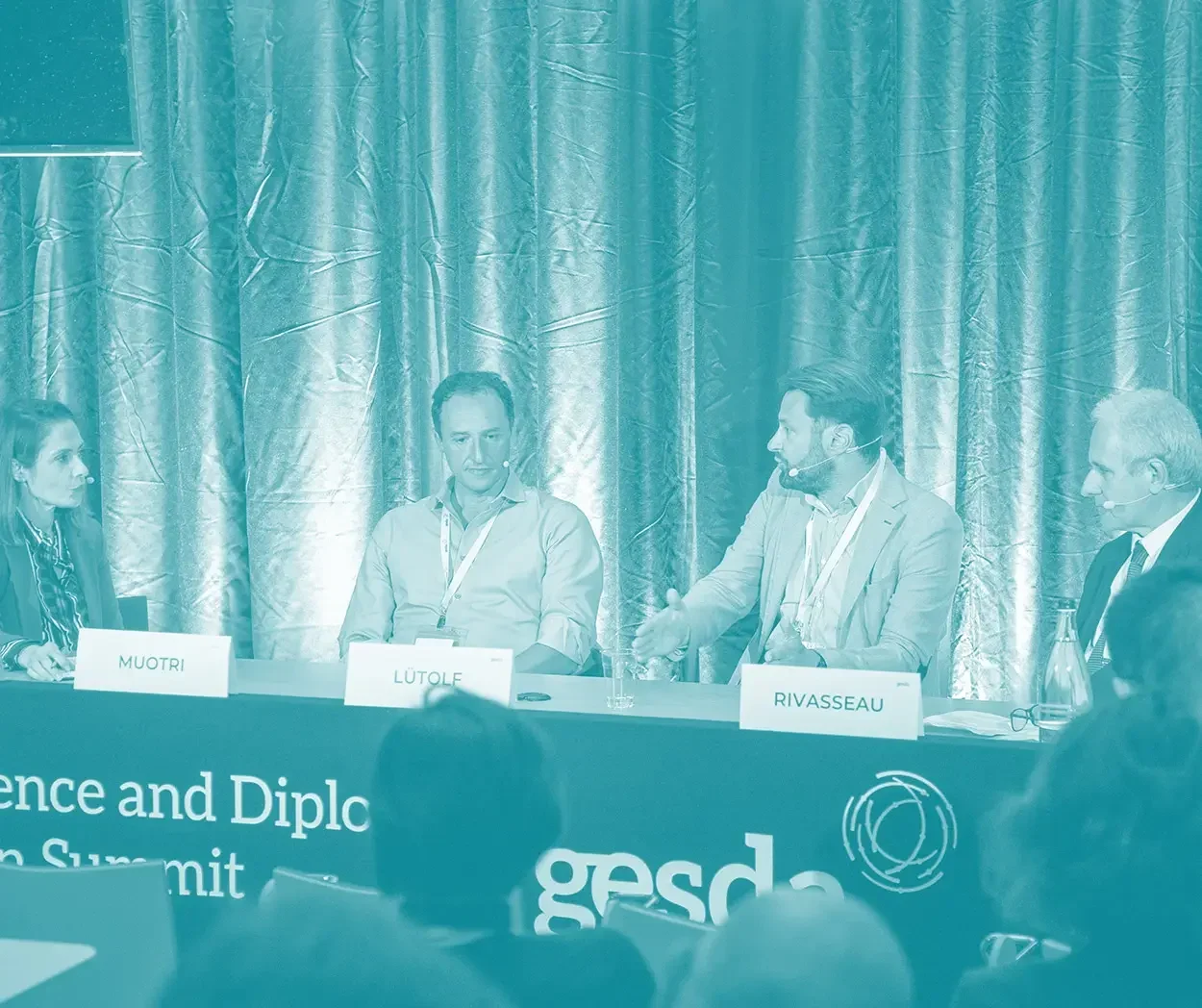Dr. Alysson R. Muotri, a professor in the Departments of Pediatrics and Cellular & Molecular Medicine at the University of California, San Diego, is focusing his research on solving one of life's greatest mysteries: What is it that makes us uniquely human? Research tells us that one of the most influential characteristics of modern humans is our sophisticated brains, and all of the abilities that its complexity grants us. Our unique social brains are one of the key distinguishing factors between humans and other primates. We are even very different from our closest relatives, the Neanderthals, whose brains were limited in their ability to create technology, art, imagination and overall culture. Dr. Muotri is studying the brain from an evolutionary and developmental perspective, differentiating stem cells to recreate "brain organoids" in the controlled setting of a lab. This work has implications for the generation of human disease models by determining the molecular and cellular mechanisms driving neurological complex disorders, such as autism. It is also creating opportunities for identifying and testing novel therapeutic approaches; the nature of this work reduces the amount of time required for moving new drugs to clinical trials. Gaining a clearer understanding of human brain evolution is crucial for interpreting human genetic variants which lead to disease. Some of the evolutionary properties that make us uniquely human and allow us to live the advanced lifestyle we enjoy are also a root cause for a number of disorders. Our brain grants us far greater processing power than any other species, but a complex brain came with a cost: it increases the opportunity for neurological diseases. Thus, understanding the evolutionary path and the tradeoffs of the modern human brain will likely illuminate the origins of human disease.






